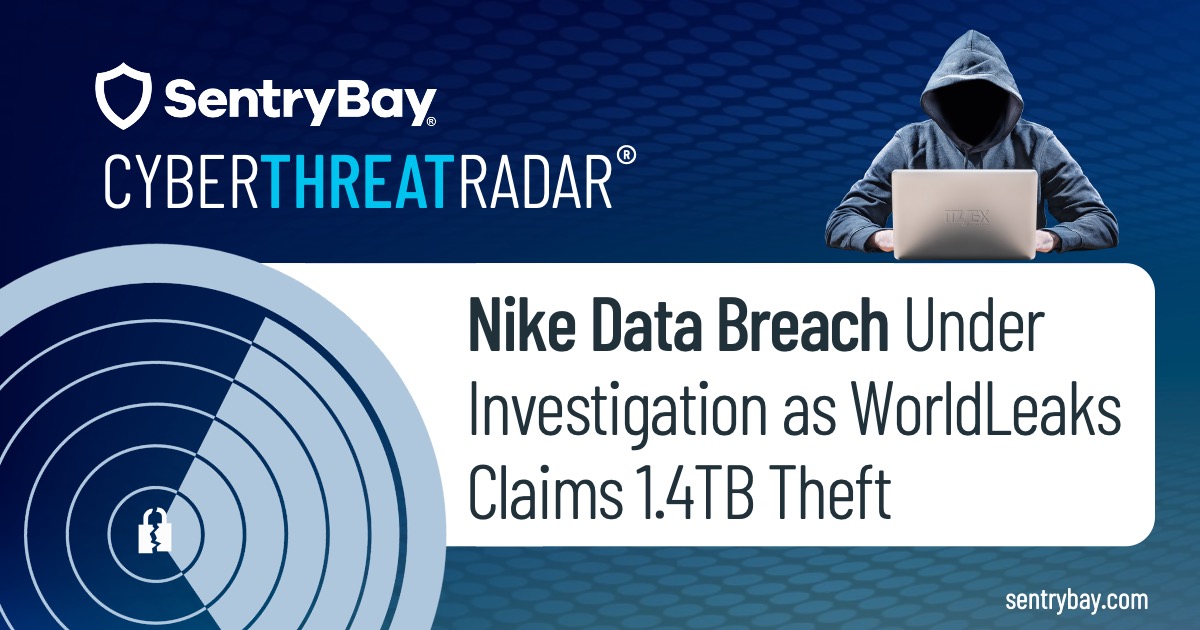
Cyber Threat Radar – Pandora, the iconic Danish jewelry retailer known for its global customer base, has confirmed a significant data breach that compromised sensitive customer information.
The breach, which affected approximately 30,000 individuals, originated from a third-party marketing vendor that stored legacy customer data, and is now under investigation by regulatory authorities.
Scope and Impact of the Breach
The company disclosed that the breach affected Pandora’s UK operations, although the marketing vendor in question operates internationally. As such, additional jurisdictions may be impacted as the investigation evolves.
Key points from the breach report include:
- The breach involved names, email addresses, phone numbers, postal addresses, and birth dates of affected customers.
- The compromised data originated from legacy marketing lists created before 2022 and were no longer actively used.
- Pandora emphasized that no financial information, payment data, or passwords were compromised.
- The breach was traced back to a third-party vendor who stored the information without active engagement or maintenance.
- Regulatory bodies such as the UK Information Commissioner’s Office (ICO) and the Irish Data Protection Commission have been notified.
Pandora acted quickly to isolate the affected systems, assess the potential risk, and notify impacted customers. They are also working closely with cybersecurity specialists to determine how the breach occurred and how to prevent similar incidents in the future.
Third-Party Risk Still a Major Vector
This incident underscores a growing trend in cybersecurity: legacy data held by third-party vendors continues to pose significant risk, especially when such data is not actively managed or securely purged. Despite best efforts by primary organizations, breaches through vendors remain a weak point.
In the case of Pandora, the affected vendor was holding outdated marketing information which, though inactive, still held personally identifiable information (PII) that threat actors could weaponize for phishing, identity theft, or social engineering attacks.
The breach has sparked renewed concern around data retention policies and third-party vendor oversight—two areas many enterprises still struggle to fully control.
Broader Context: Retail Under Attack
The Pandora data breach is one in a string of recent incidents targeting global retail brands. These organizations are particularly vulnerable due to:
- Large volumes of customer PII across multiple markets
- High reliance on outsourced marketing and eCommerce infrastructure
- Complex supply chains involving multiple SaaS and cloud vendors
- Inconsistent enforcement of legacy data policies across jurisdictions
With customer trust and brand reputation at stake, retailers must not only comply with data privacy regulations but go further to secure data in use—particularly from modern malware that does not require file access to exfiltrate sensitive information.
Why Proactive Endpoint Protection Now Matters More Than Ever
Although Pandora has stated that no active financial data was stolen, attackers increasingly rely on advanced techniques like AI-powered malware to silently exfiltrate sensitive customer data directly from screens and input devices.
These threats do not require traditional file access. Instead, they operate in real time—capturing credentials, images, documents, and PII as it is displayed or typed.
“It is no longer enough to secure your perimeter. AI-powered malware is designed to operate silently, invisibly, and in real time,” commented Paul Gilbert, cybersecurity solutions executive at SentryBay, “Organizations need to protect data at the point of use—on the endpoint itself—where modern AI-powered malware is most effective. SentryBay’s Armored Client does exactly that.”
SentryBay’s Armored Client:
- Defeats keylogging by randomizing keystrokes before they hit the OS.
- Blocks screen capture malware by blacking out application windows or injecting visual noise.
- Neutralizes malware at the system level, not just through reactive detection.
- Now fully available for IGEL OS, Microsoft Azure Virtual Desktop (AVD), and Windows 365 environments—allowing secure virtualization and remote work without compromise.
As attackers exploit every overlooked system, unmonitored vendor, or inactive dataset, the ability to render data useless even when breached is the new standard of cyber resilience.



